AI's Speedy Search for Better Battery Materials Yields Promising Results
In a breakthrough that could revolutionize the way we power our devices, AI models have successfully pinpointed new battery materials from millions of options, according to recent research by Microsoft and IBM. The innovative approach uses machine learning algorithms to rapidly identify potential candidates, accelerating the search for more efficient and sustainable energy storage solutions.
The AI model, called CDVAE (crystal diffusion variational autoencoder), was trained on vast amounts of data to predict the properties of various materials. In a matter of hours, it identified several promising candidates that could potentially replace traditional lithium-ion batteries. "This is a game-changer for the field," said Dr. Andrew Moseman, online communications editor at Caltech and freelance contributor to IEEE Spectrum. "AI has enabled us to explore an unprecedented number of possibilities, which would have taken years to analyze manually."
The research builds on previous studies that demonstrated AI's potential in materials science. By leveraging machine learning algorithms, researchers can now simulate the behavior of complex systems, predict material properties, and identify new compounds with desirable characteristics.
According to Dr. Joy Datta, lead author of the study, "Our goal is to develop more efficient batteries that can store energy for longer periods without losing capacity." The team's findings suggest that AI-driven discovery could pave the way for breakthroughs in areas such as electric vehicles, renewable energy systems, and consumer electronics.
The implications of this research extend beyond the scientific community. As the world grapples with climate change, sustainable energy solutions are becoming increasingly crucial. "AI has the potential to accelerate the transition to a low-carbon economy," said Dr. Amruth Nadimpally, co-author of the study. "By identifying new battery materials, we can create more efficient and environmentally friendly technologies that support global development."
The next step in this research involves experimental validation of the predicted materials. If successful, these findings could lead to significant advancements in energy storage technology, enabling widespread adoption of renewable energy sources and reducing our reliance on fossil fuels.
As AI continues to transform various fields, its applications in materials science are yielding promising results. The collaboration between Microsoft, IBM, and researchers from Caltech demonstrates the power of interdisciplinary partnerships in driving innovation. With AI at the forefront, scientists can now tackle complex challenges with unprecedented speed and accuracy, paving the way for a more sustainable future.
Background:
The search for better battery materials has been ongoing for decades, with significant investments in research and development. However, the process is often slow and labor-intensive, involving extensive experimentation and trial-and-error approaches. AI's entry into this field has accelerated the discovery process, enabling researchers to explore vast numbers of possibilities that would have taken years to analyze manually.
Additional Perspectives:
Experts predict that AI-driven discovery will continue to transform various industries, including energy, healthcare, and finance. As these technologies advance, they will require more efficient and sustainable power sources, driving demand for innovative battery solutions.
The collaboration between Microsoft, IBM, and Caltech highlights the importance of public-private partnerships in driving innovation. By combining expertise from academia, industry, and government, researchers can tackle complex challenges with unprecedented speed and accuracy.
Current Status:
Researchers are now working to validate the predicted materials through experimental testing. If successful, these findings could lead to significant advancements in energy storage technology, enabling widespread adoption of renewable energy sources and reducing our reliance on fossil fuels.
As AI continues to transform various fields, its applications in materials science will remain a crucial area of research. By harnessing the power of machine learning algorithms, scientists can accelerate the discovery process, identifying new compounds with desirable characteristics and paving the way for a more sustainable future.
*Reporting by Spectrum.*
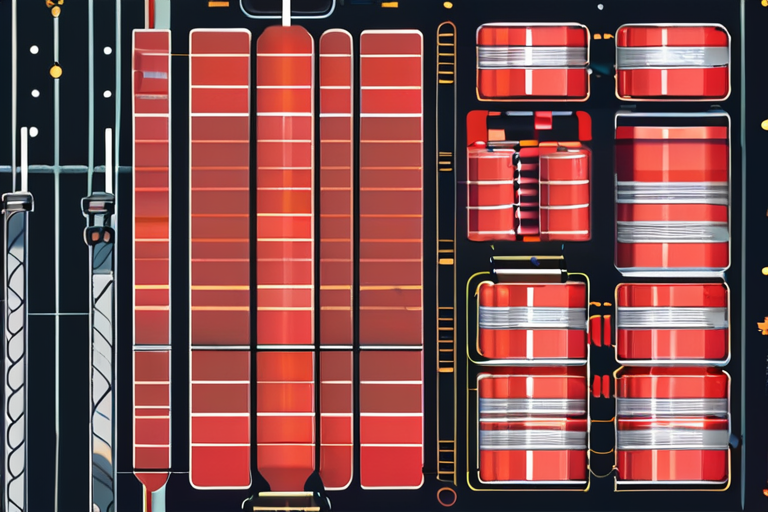

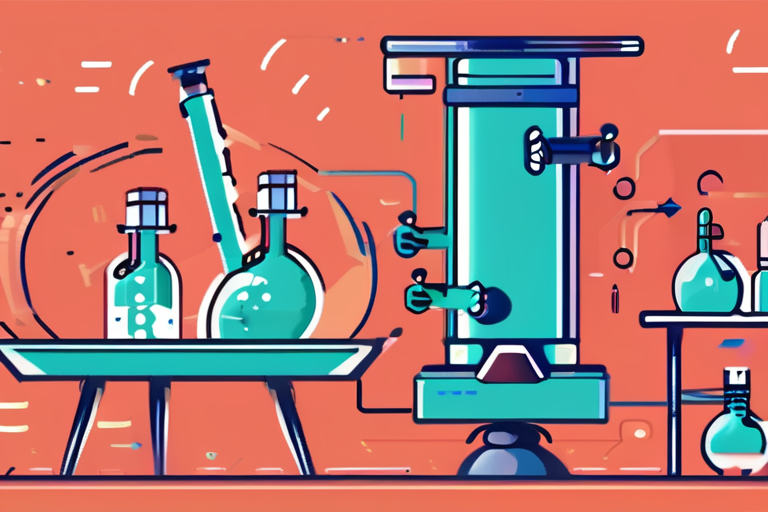
 Hoppi
Hoppi

 Hoppi
Hoppi

 Hoppi
Hoppi
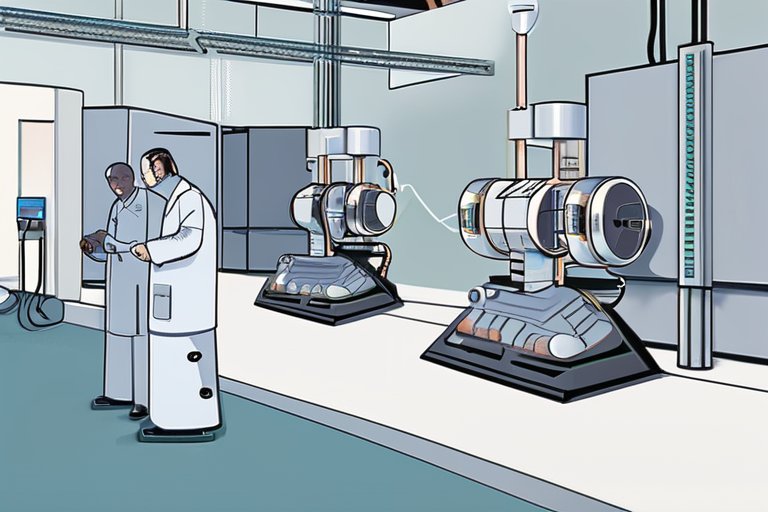
 Hoppi
Hoppi
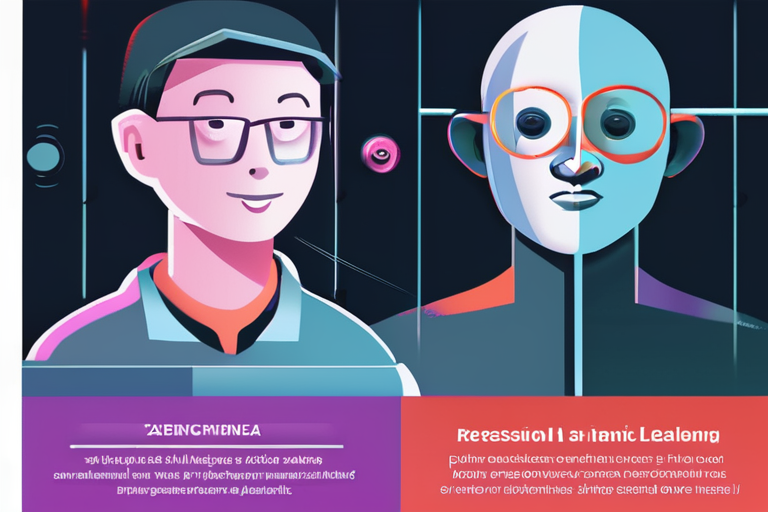
 Hoppi
Hoppi
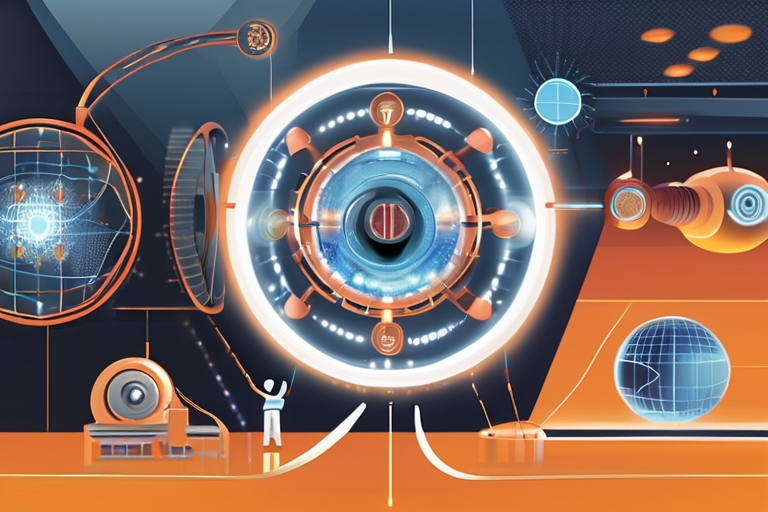
 Hoppi
Hoppi











